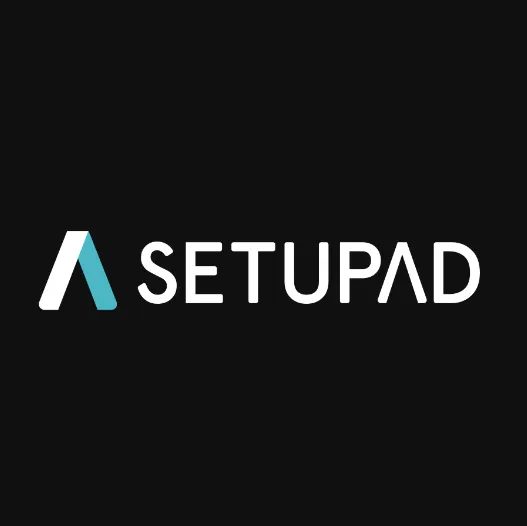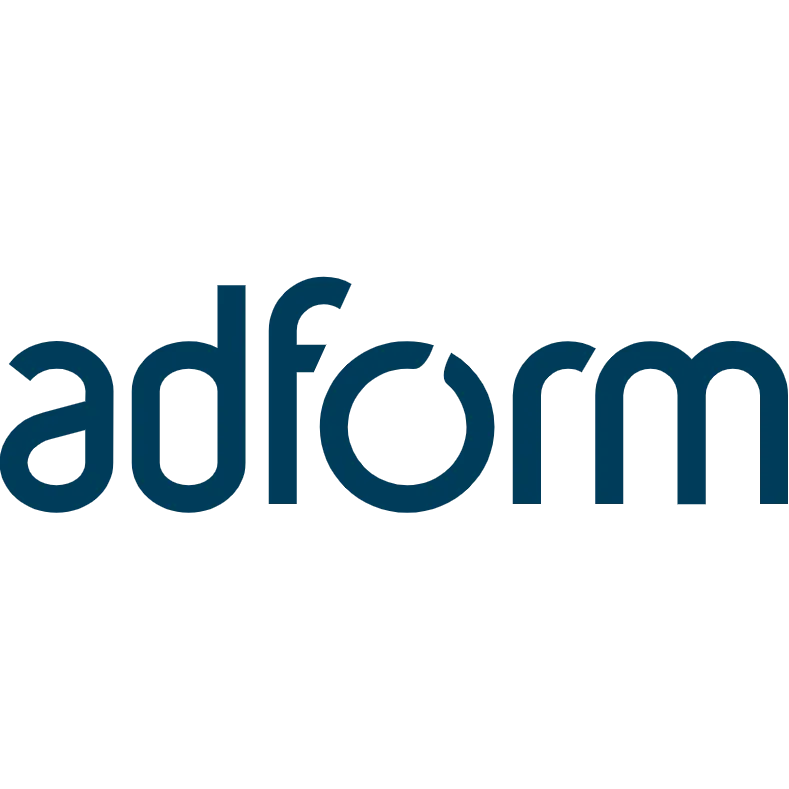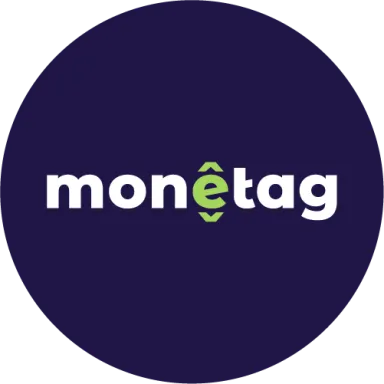The Best Data Management Platforms for Publishers
A Data Management Platform (DMP) allows publishers to collect, organize, and analyze data from multiple sources. DMPs are used to manage audience data. This includes user demographics, behaviour, and interests. It provides insights into user behaviour and preferences. Publishers can use DMPs to understand their audience better. The global DMP market was valued at approximately USD 3.42 billion in 2020 and is expected to reach USD 6.74 billion by 2025, growing at a CAGR of 14.5% during the forecast period. Using a data management platform helps publishers better understanding their audience profile to create more relevant content and target niche advertisers. Media and entertainment industries are the largest users of DMPs, followed by retail, CPG (Consumer Packaged Goods), and financial services.

Benefits of Data Management Platform for Publishers
There are several benefits of using a Data Management Platform (DMP) for publishers:
- Audience insights: DMPs enable publishers to collect and organize large amounts of audience data. This data is from many sources. It can be used to gain insights into user behavior, preferences, and interests. Publishers can use it to create more targeted and personalized content and advertising.
- Better ad targeting: DMPs can improve ad targeting by enabling publishers to create more granular audience segments. These segments are based on factors such as demographic information, interests, and behaviors. This can help publishers increase the effectiveness of their advertising and improve their ROI.
- Revenue generation: Publishers can use DMPs to monetize their audience data by selling it to advertisers where consensual. They can also use it to improve their ad targeting capabilities. This can provide an extra source of revenue for publishers.
- Improved efficiency: DMPs can help publishers streamline their data management processes by providing a centralized data collection and analysis platform. This can reduce the time and resources required to manage and analyze audience data. That can enable publishers to make more informed decisions about their content and advertising strategies.
- Compliance with regulations: With increasing data privacy and security regulations, DMPs can help publishers ensure compliance by providing the best data management tools. These include tools for data governance, security, and consent management. This can help publishers avoid costly fines and reputational damage.
Setupad is one of the best website monetization platforms to increase ad revenue for publishers. Enjoy superior client support and have access to top SSPs.
Adform is a robust Data Management Platform (DMP) that enables publishers to collect, organize, and leverage audience data for optimized ad targeting and campaign performance. It provides advanced analytics and segmentation tools, empowering publishers to enhance their advertising strategies and drive better monetization results.
Audigent is transforming digital advertising with its advanced Data Management Platform (DMP), unlocking the power of privacy, first-party data to supercharge campaigns. As someone deeply invested in leveraging data for maximum impact, Audigent Data Management Platform is a game-changer for them. Managing over 4 billion first-party IDs and handling 1.8 billion monthly traffic instances, Audigent ensures that brands can optimize their ad spend and achieve exceptional results without relying on outdated cookies. Their innovative tools, like Hadron ID and SmartPMP, use AI and machine learning to create highly targeted, high-performing audience segments. This innovative DMP stands out for its ability to harness rich, first-party data, giving you unparalleled insights and targeting precision. Audigent seamlessly integrates with your existing marketing stack, enabling real-time audience segmentation and activation. Whether you're aiming to refine your ad campaigns, boost engagement, or drive conversions, Audigent's advanced analytics and intuitive interface empower you to make data-driven decisions with confidence. Partnering with industry leaders like Conde Nast and Warner Music Group, Audigent helps brands connect with real people and drive meaningful conversations. For marketers seeking to maximize media efficiency and publishers looking to monetize their audience better, Audigent offers a smart, scalable solution that stands out in the digital landscape.
OnAudience is a leader in the digital advertising arena with its advanced Data Management Platform (DMP). Designed to collect, organize, and activate massive data sets, OnAudience.com empowers brands to build precise audience segments based on attributes like age, gender, income, interests, and online behavior. With over 3 billion user profiles and handling 1.5 billion data points daily, it ensures marketers can deliver highly targeted and effective campaigns. Their platform supports seamless data integration from various sources, enhancing the ability to reach and engage real audiences and niche. Whether you’re a marketer aiming to optimize ad spend or a publisher looking to maximize revenue, OnAudience offers a comprehensive, scalable solution that stands out in the competitive digital landscape.
Wired Carbon's Data Management Platform helps in daily management of ad operations which is inclusive of campaign booking, creative testing, troubleshooting and more. It acts as the bridge that covers the technical gaps between publishers and advertisers.
AdHash is a privacy-first programmatic advertising network empowering publishers with transparency, control, and higher revenue by cutting out middlemen. It ensures data integrity and compliance with privacy standards, offering a streamlined solution for ethical advertising.
AdTrue is a Data Management Platform that helps publishers collect, manage, and analyze audience data to optimize ad targeting and revenue. Its robust analytics tools enable publishers to make data-driven decisions, enhancing overall ad performance and engagement.
Alkimi is a decentralized ad exchange leveraging blockchain to enhance transparency, reduce ad fraud, and optimize programmatic advertising. It supports various ad formats like display, video, CTV, and native, offering publishers increased eCPMs and lower fees. With seamless integration via tools like PreBid and full auditability, Alkimi ensures fair, efficient, and transparent ad transactions.
Adgrid is a top programmatic ad platform enabling publishers to maximize revenue through advanced targeting, diverse ad formats, and real-time insights. With 13 customizable ad options, including IAB display and video, it offers transparent, efficient monetization solutions across various websites and geographies.
How to Choose the Best Data Management Platform for Publishers?
Choosing the best Data Management Software for publishers requires careful consideration. Here are some key factors to consider:
- Data sources: Look for a DMP that can collect data from many sources, such as websites, mobile apps, social media, and other online channels. The more data sources a DMP can integrate, the more comprehensive the audience insights will be.
- Data management capabilities: A good DMP should have robust data management capabilities. It should have data cleansing, normalization, and integration. Tools for data segmentation, profiling, and analysis should also be available.
- Integration with other platforms: Look for a DMP that can integrate with other marketing technology platforms, such as ad servers, demand-side platforms (DSPs), and customer relationship management (CRM) systems. This will enable publishers to streamline their data management processes. It will also improve their marketing efficiency.
- Customization and flexibility: A DMP should be flexible enough to meet the unique needs of your business. Look for a DMP that offers customization options, such as custom audience segments, to help you create more targeted campaigns.
- Data privacy and security: With increasing regulations around data privacy and security, choosing a DMP that takes data privacy and security seriously is essential. Look for a DMP that provides data governance, security, and consent management tools.
- Pricing: DMPs vary widely in price, depending on their features and capabilities. Consider your budget and look for a DMP that offers pricing that aligns with your needs.
- Support and training: Look for a DMP vendor that provides excellent support and training to help you maximize your investment. Consider vendors that offer resources such as documentation, webinars, and dedicated customer support.
Step-by-Step Guide to Implementing a DMP for Publishers
Implementing a DMP can significantly enhance a publisher's ability to understand their audience, optimize ad campaigns, and improve content delivery. By following these steps, publishers can successfully integrate a DMP into their sites and leverage data-driven insights to achieve their goals.
- Define Objectives and KPIs: Determine what you want to achieve with the DMP, such as better audience segmentation, improved ad targeting, enhanced user experience, or increased revenue.
- Choose the Right DMP: Research and evaluate different DMP providers based on your specific needs, such as integration capabilities, data sources, audience segmentation features, and cost. Request for demos and check for compatibility issues as requried.
- Data Collection Strategy: Determine which data sources you will integrate with the DMP, including first-party data (e.g., website analytics, CRM data), second-party data (e.g., partner data), and third-party data (e.g., purchased data).
- Audience Segmentation: Create audience segments based on demographics, behavior, interests, and other relevant criteria. Use the DMP's segmentation tools to group users into meaningful categories.
- Integration with Ad Tech Stack: Integrate the DMP with your Demand-Side Platform (DSP) and Supply-Side Platform (SSP) to enable targeted ad buying and selling.
- Data Activation and Personalization: Use the audience segments to deliver targeted ads across various channels, such as display, social media, email, and mobile.
By considering these factors and researching, you can choose the best Data Management Platform for your needs.
Data Management Platform FAQs
Our Editors’ Pick:
Browse these amazing publisher monetization tools handpicked by our team of editors






.webp)






 (1).webp)


